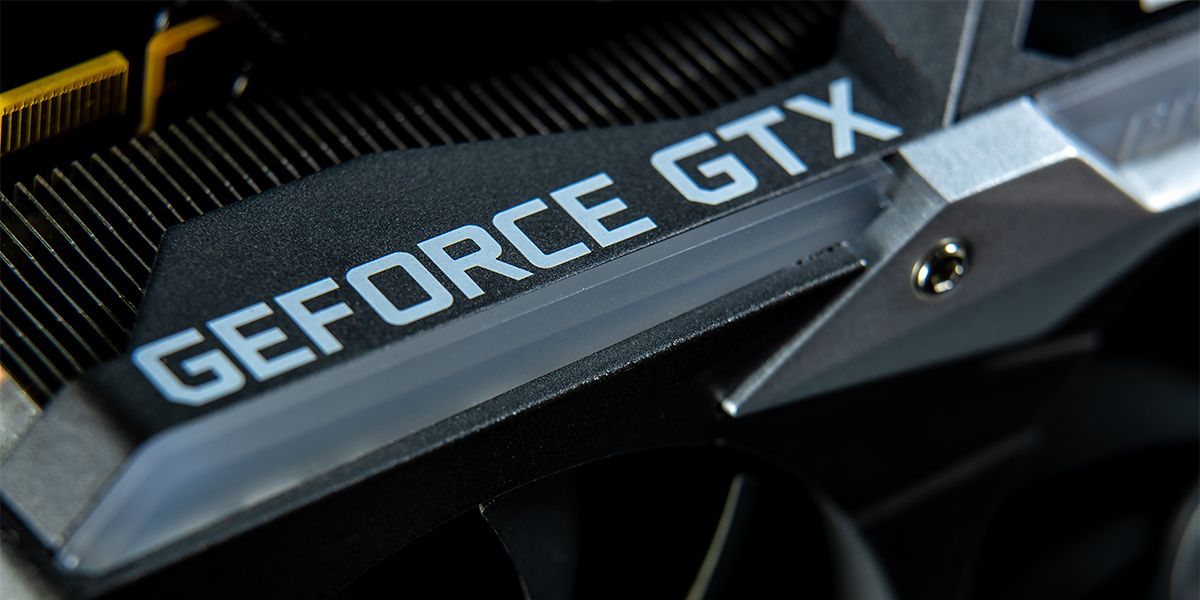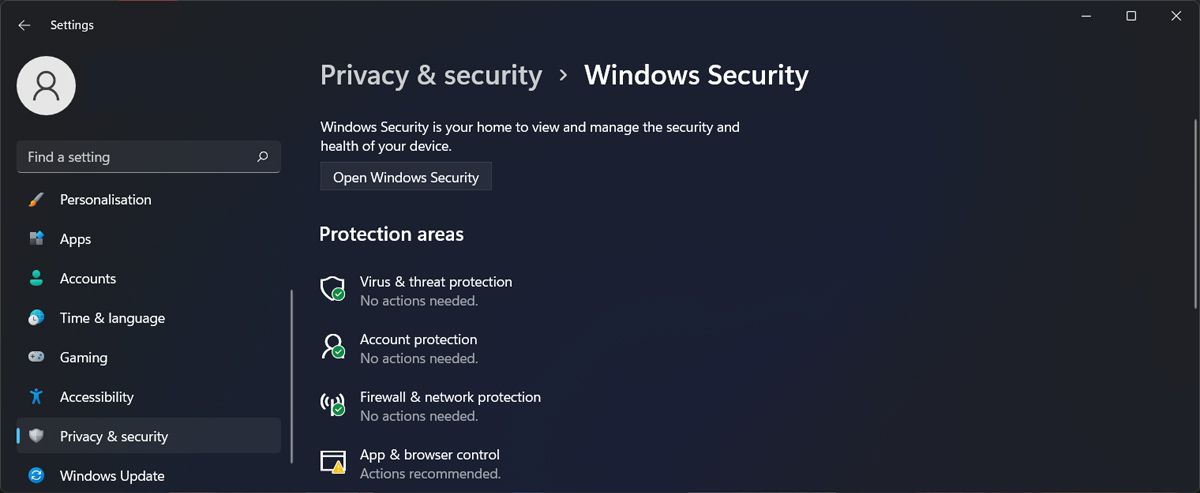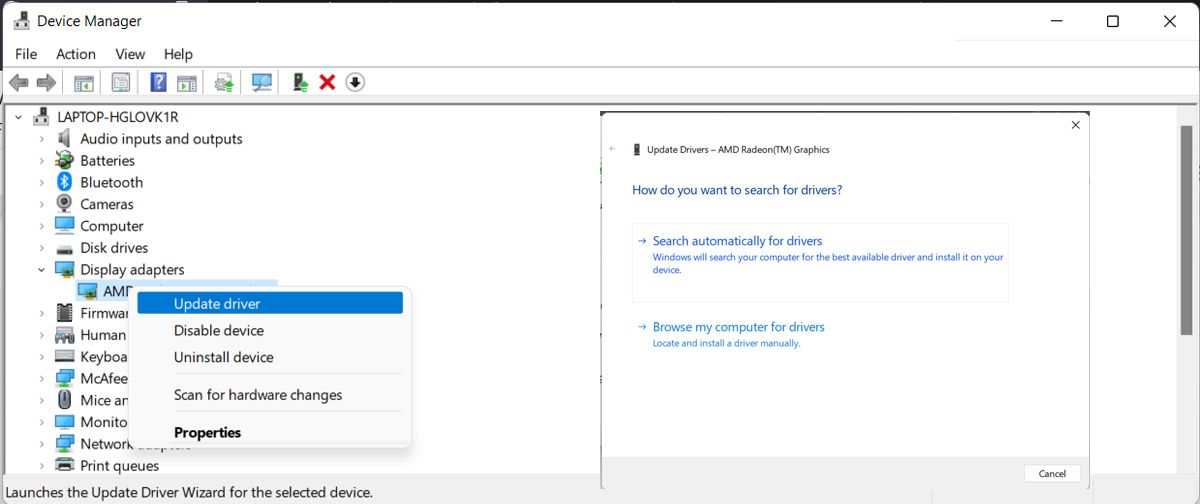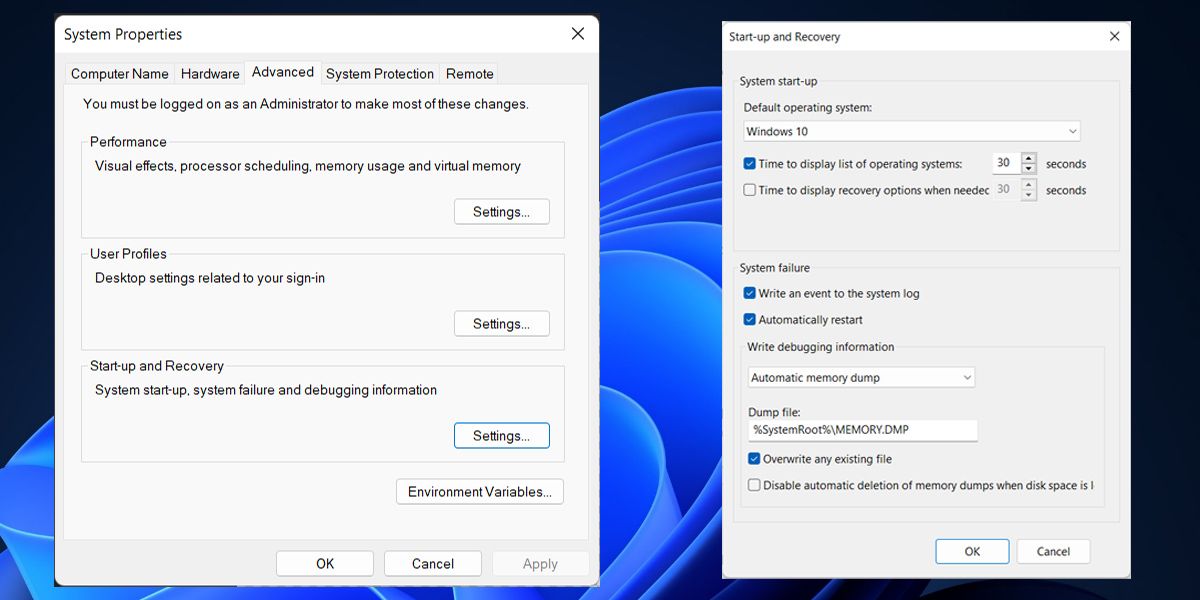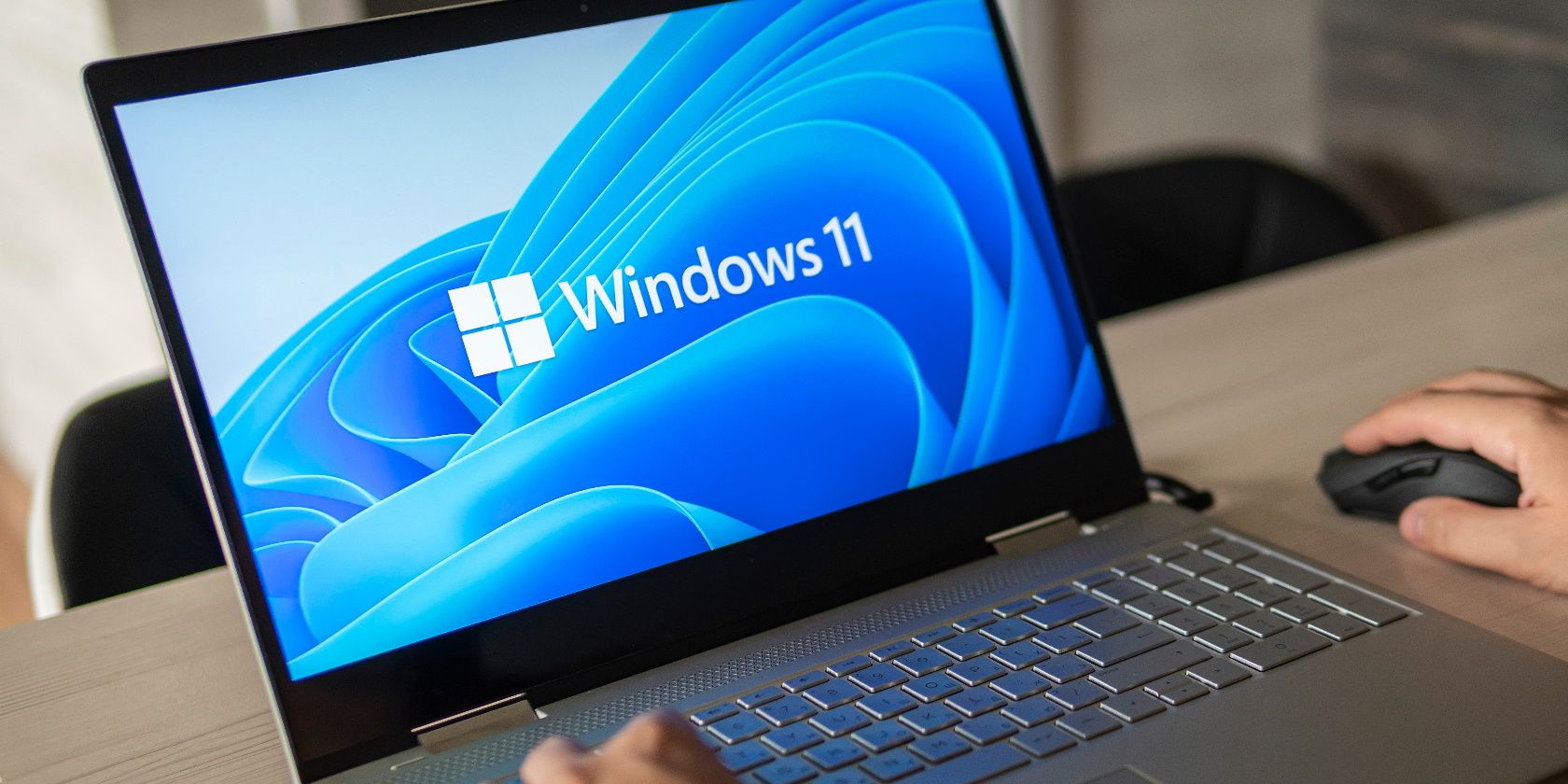
How to Fix Windows 11 When It Keeps Restarting
If Windows 11 decides to restart by itself, you might have a serious problem. You could get cut off from online meetings, lose work progress, or abruptly end your gaming session.
When this happens, you know there’s something wrong with your computer. Windows might restart because of overheating components, malware infection, or outdated graphics driver, amongst other reasons.
If this sounds familiar to you, keep reading as we’ll walk you through the troubleshooting process.
1. Check Your GPU and CPU Temperature
If your Windows 11 computer keeps restarting when playing a high-intensity graphics video game or when using design software, your hardware might get too hot. Most of the time, it’s the CPU or GPU temperature that gets too high and Windows has to restart the system to protect the hardware.
Usually, the hardware overheats when you’re running a lot of apps on your computer and using a lot of its resources. You can check the CPU’s temperature and if it seems cool enough, take a look at the GPU’s temperature too.
If you notice your hardware reaches high temperatures as soon as you start your computer, you might be dealing with a faulty cooling system. In this case, you should take it to a professional service and have it fixed to avoid any permanent damage.
2. Stop Overclocking Your Computer
If you’ve decided to overclock your computer, you know that it’s pushing your RAM, CPU, or GPU hardware beyond its limit. While it may give you better overall performance, it will take a toll on your computer and increase the hardware temperature. Especially, if you haven’t upgraded the cooling system.
If your system randomly restarts, you should revert it to the original state by uninstalling any overclocking software. If you don’t want to upgrade your hardware, take some time and think if overclocking is really worth it.
3. Check the Power Supply
A faulty power supply, incapable of providing a steady voltage can lead to your computer restarting by itself. Even if you’re using an uninterruptible power supply, your computer might restart because of a faulty UPS or battery.
If you’ve installed RGB lights, and they seem to flicker, it might be a sign to upgrade your computer’s power supply as lights are easily influenced by voltage fluctuations. Before changing the power supply, take a look at its wiring to make sure a faulty wire isn’t the reason for Windows 11 restarting randomly.
4. Ensure That Windows Updates Aren’t the Culprit
Every time Windows 11 asks to update, you get the chance to schedule it. As such, your PC might be restarting itself to install any updates.
Fortunately, you can manually install the pending updates or stop Windows 11 updates to prevent your system’s automatic restarts.
5. Scan Your Computer
If your computer keeps freezing and crashing, besides restarting on its own, you may be dealing with a malware infection. Fortunately, you can use Windows 11 built-in tools to scan your computer. Here’s how you can do it:
- Open the Settings menu.
- Go to Privacy & security > Windows Security > Virus & threat protection.
- Click Scan options.
- You can select Quick scan if you’re in a hurry, but Full scan will go through all files and running programs on your hard disk.
Once Windows completes the scan, it will inform you about any detected malware and will tell you if the infected file has been removed or quarantined.
6. Update the Graphics Driver
Running an outdated graphics driver will lead to all sorts of issues, including your computer restarting on its own. You can use Device Manager to update it to the latest version and solve the problem.
Press Win + X to bring up the Start menu and select Device Manager. Then, extend the Display adapters list, right-click the right driver, and select Update driver. In the pop-up window, select Search automatically for drivers, and Windows will search and install any available updates.
Sometimes you’ll see more than one driver, especially if your PC has both an integrated and an independent graphics processor. As such, you can update the drivers for the processor you’re currently using, or update them all to make doubly sure that your active GPU is up to date.
If that doesn’t work, search online for your GPU’s manufacturer and download the drivers relevant to your graphics processor.
7. Run a CHKDSK Scan
Windows 11 might randomly restart because of a failing storage sector which keeps your system from communicating with subcomponents. You can try and solve it by running a CHKDSK scan.
To do this, press Win + S and type “Command Prompt,” but don’t press Enter. Instead, right-click the search result and select Run as Administrator.
Once it’s open, run the chkdsk /r [DriveLetter:] command line, replacing [DriveLetter:] with the drive you want to scan. If the command didn’t solve the problem, it might be an indicator that you need to replace your failing drive.
8. Check for Memory Problems
If your RAM is malfunctioning, it could cause your computer to restart on its own. Fortunately, you can run the Windows Memory Diagnostic tool to identify any issues.
To do this, open the Windows Memory Diagnostic tool and click Restart now and check for problems (recommended). Windows will then give your RAM a scan to see if there are any errors in it.
9. Turn Off Automatic Restart
If you couldn’t identify any problem with your system, you can try turning off Windows 11 automatic restart feature.
- Launch Settings.
- Go to System > About.
- From Related links, select Advanced system settings.
- In the System Properties window, open the Advanced tab and click Settings below Startup and recovery.
- Below System failure, uncheck Automatically restart.
- Click OK to save your new system settings.
This shouldn’t be a long-term solution as you’ve now stopped your computer from rebooting in case of system failure, which could lead to more serious issues.
10. Restore Windows to a Previous Version
If you suspect a recent system change is causing Windows 11 to randomly restart, you can revert your computer to its previous state to fix the problem. As long as you’ve created a restore point for your system, you should be able to use it.
Stop Windows 11 From Restarting by Itself
As we’ve discussed, there are multiple reasons why Windows 11 might restart on its own. Sometimes there’s nothing wrong with your system, but the hardware is the one causing you problems. While it may be difficult to identify the cause, with a bit of patience you should solve it by following the above solutions.
If you’ve recently updated to Windows 11, there are a few things you should do to keep it running smoothly.

